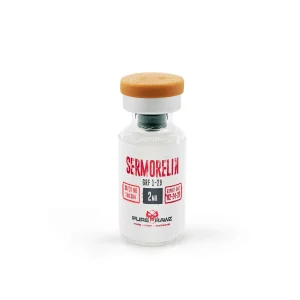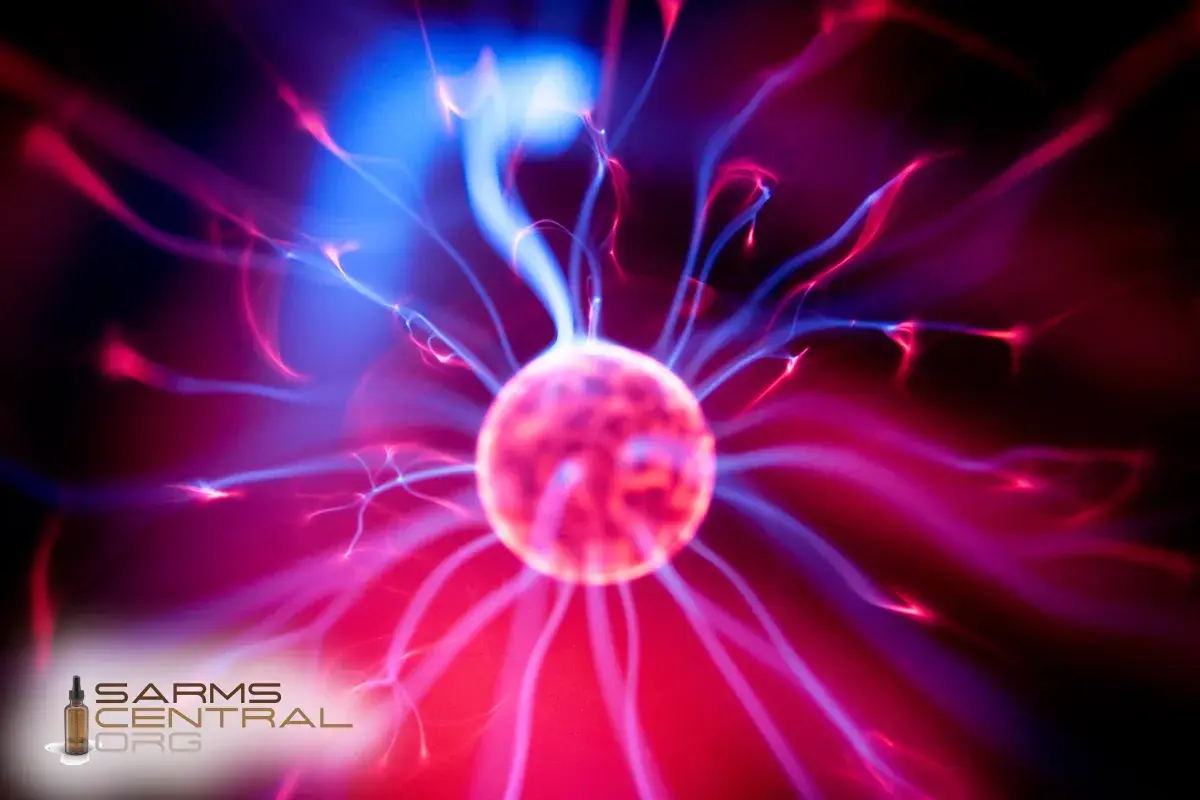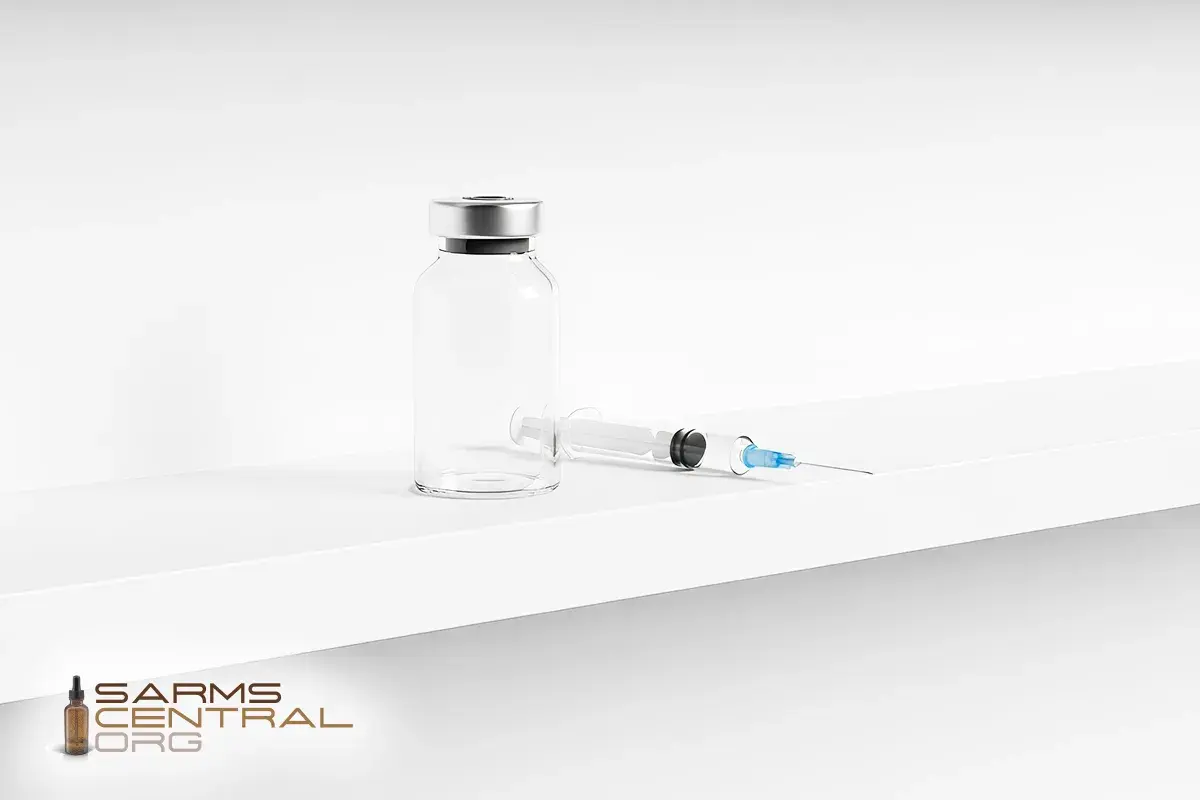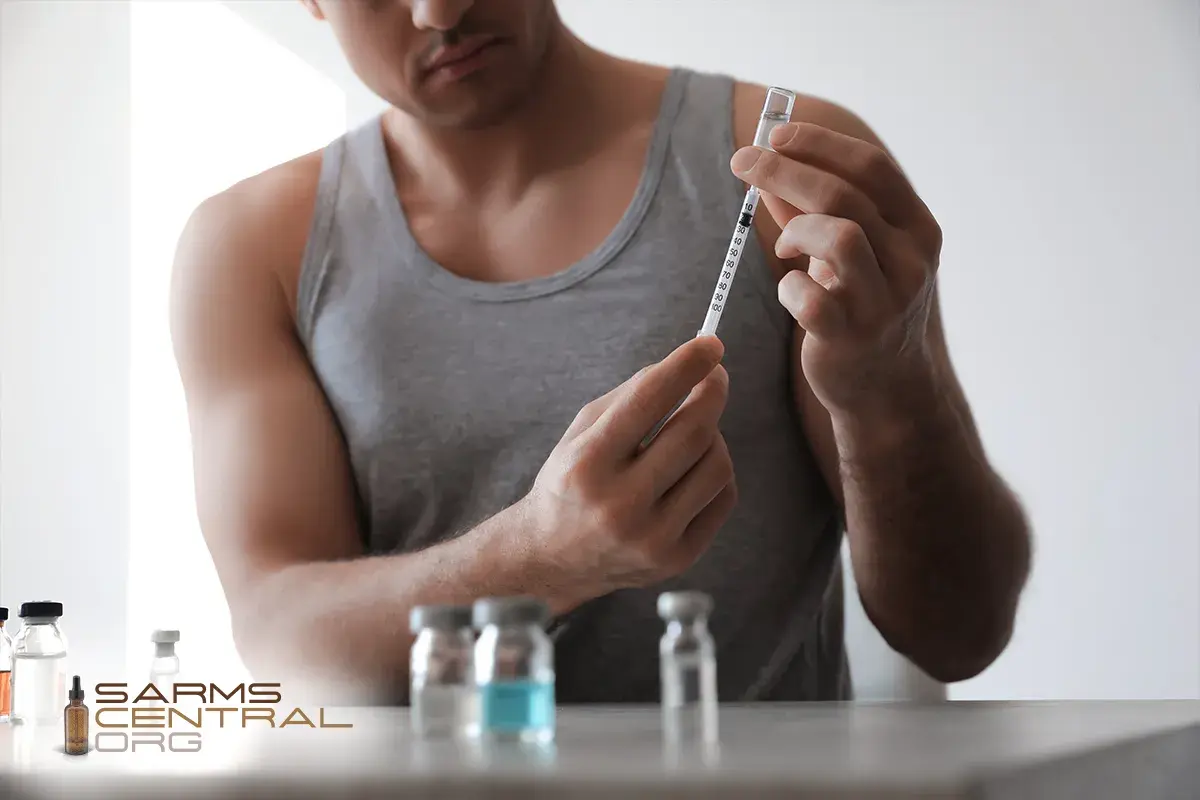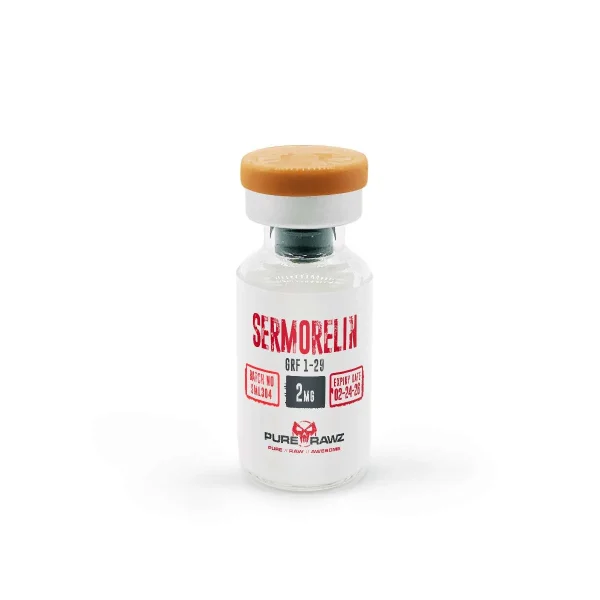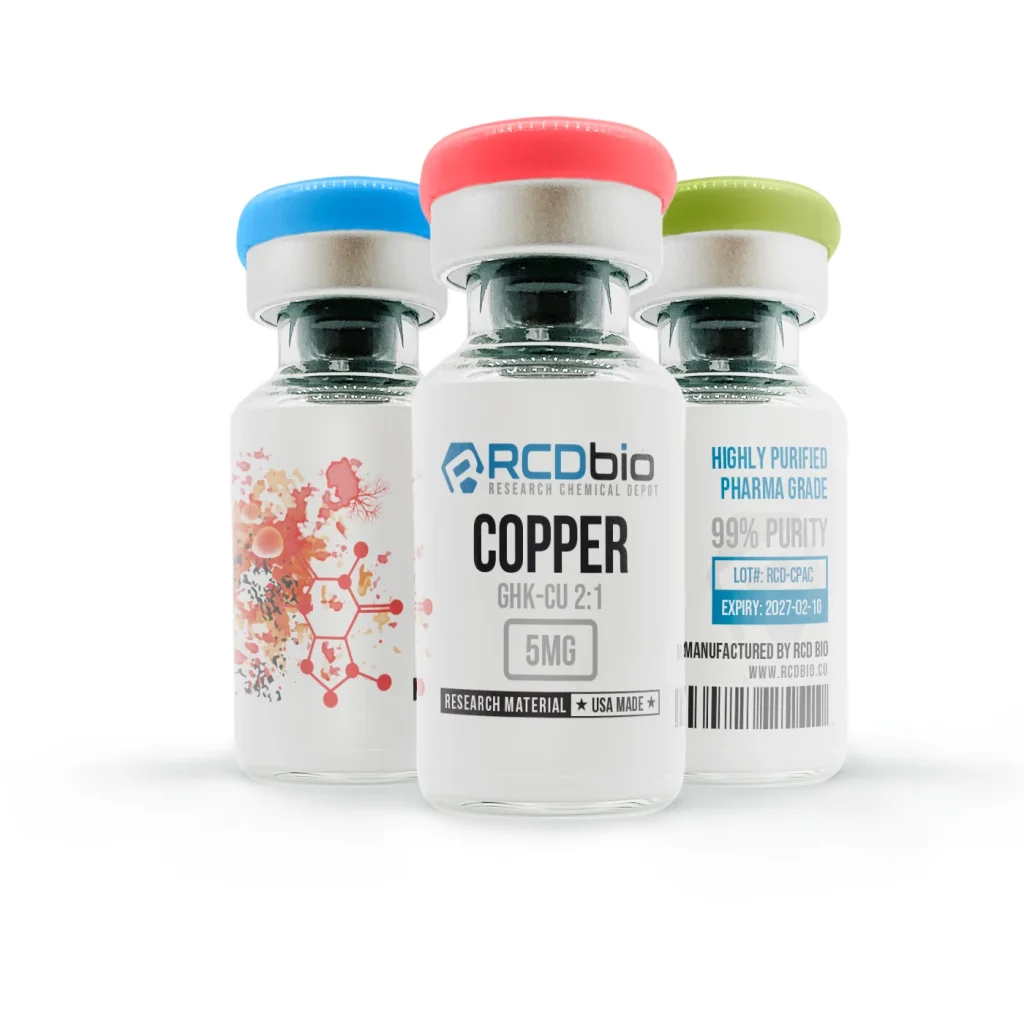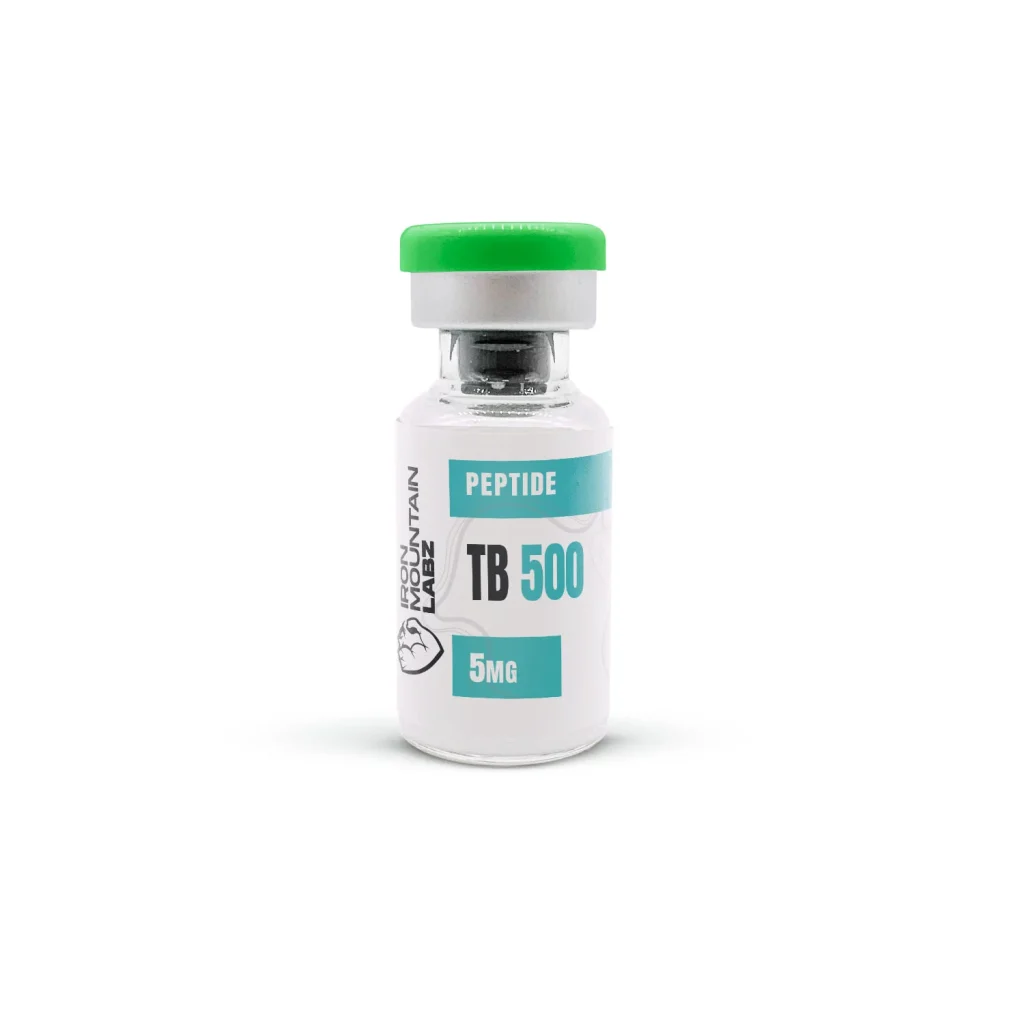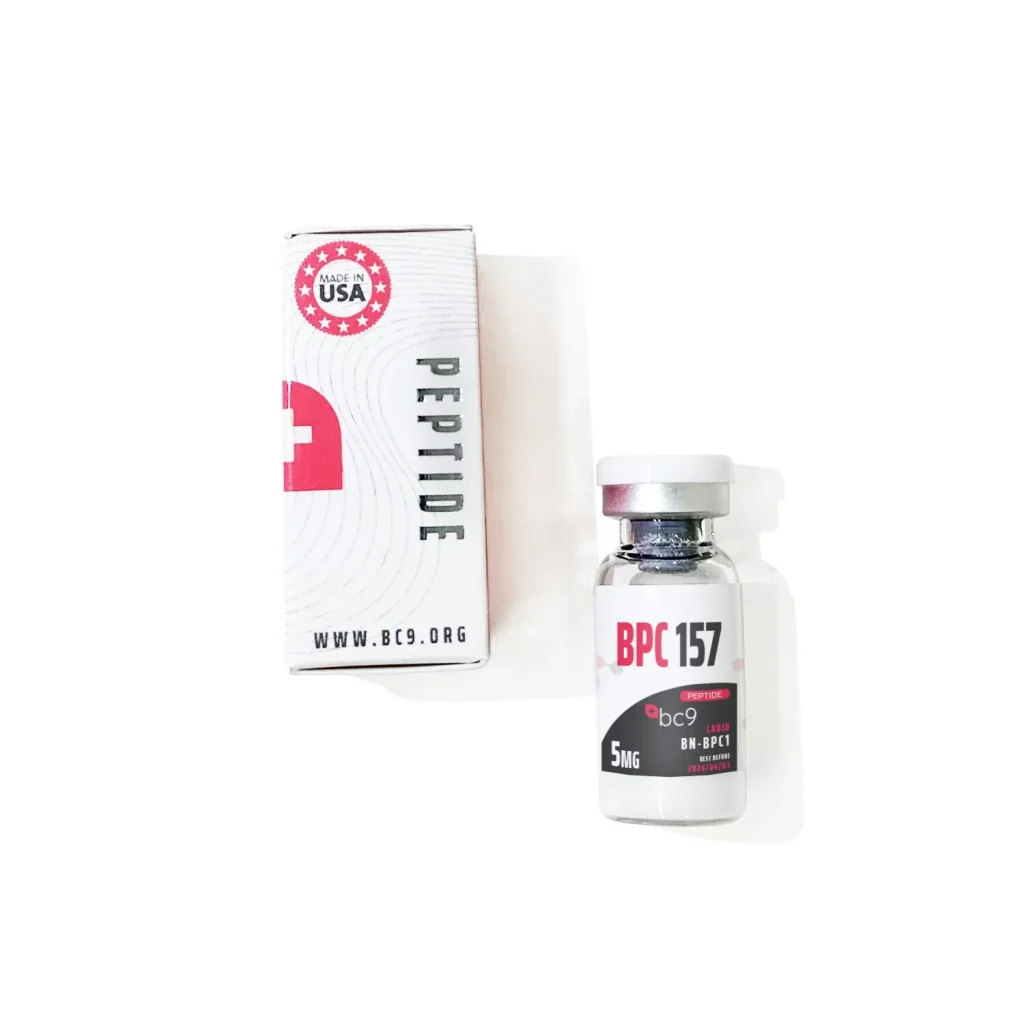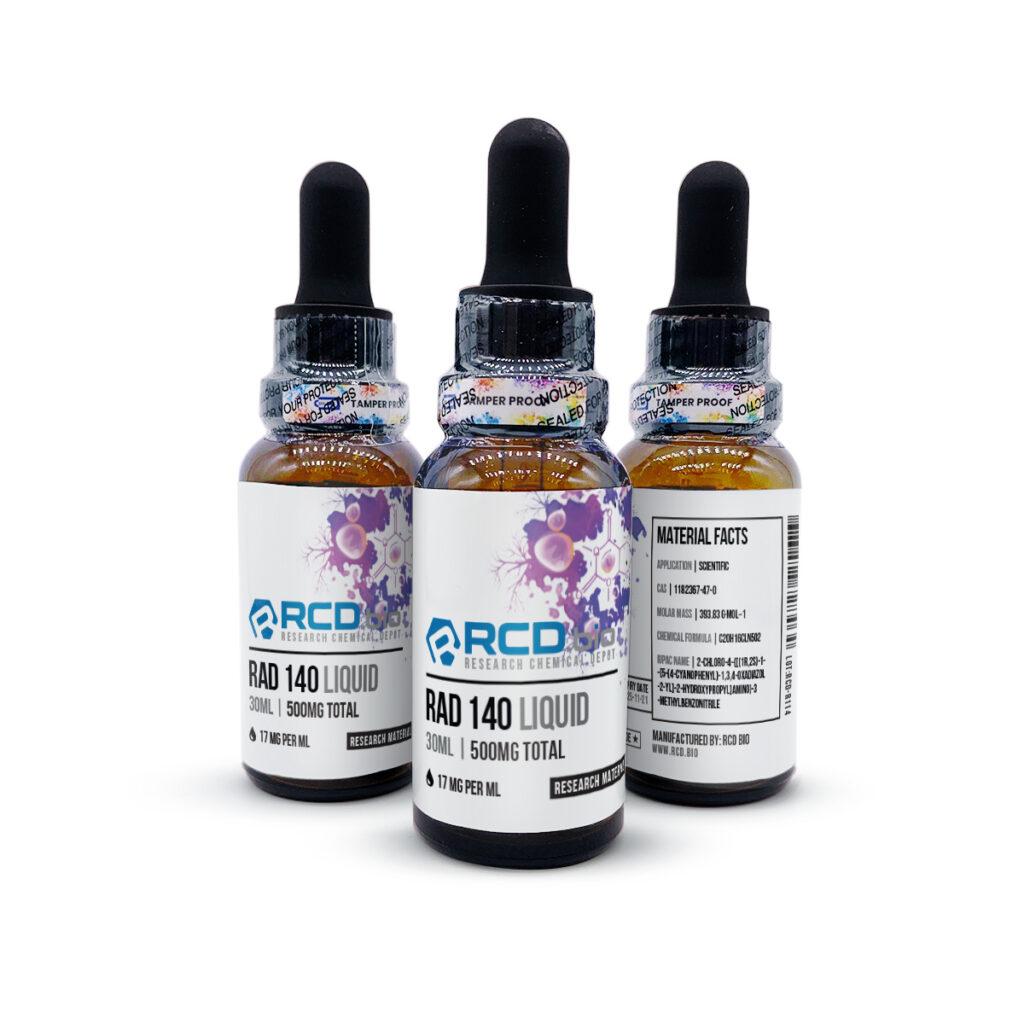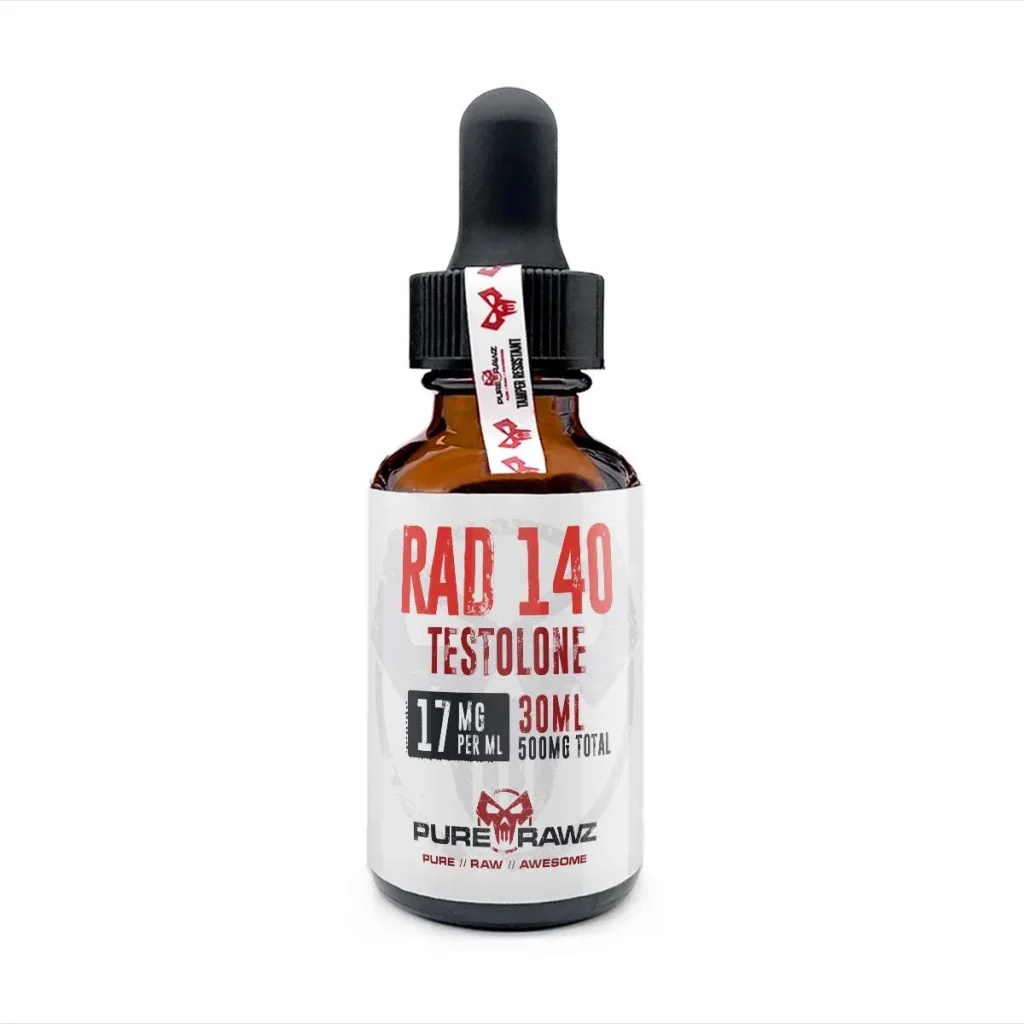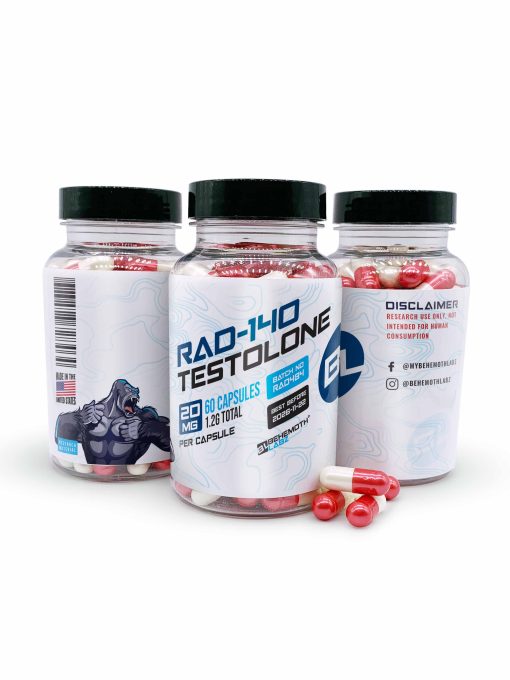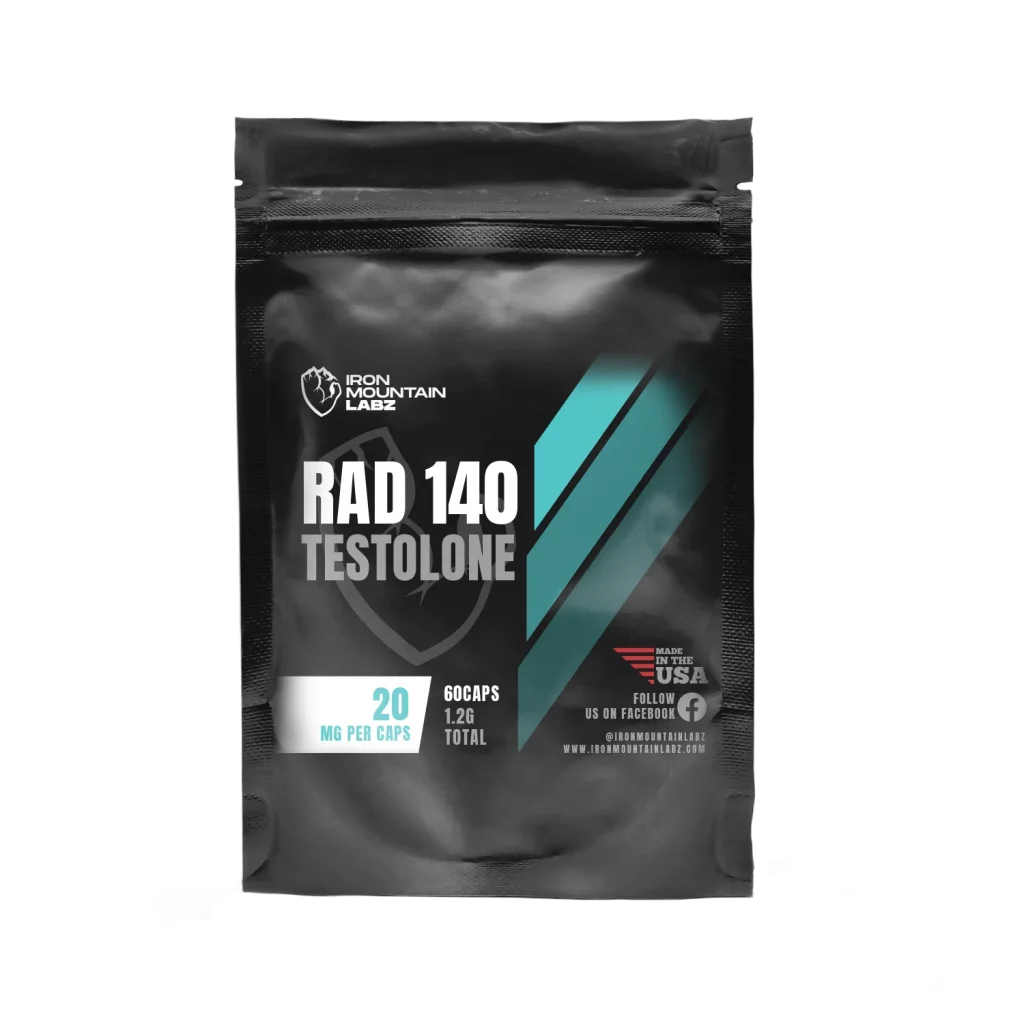Two commonly discussed treatments are peptides and TRT. Both are designed to boost energy, enhance performance, and help you feel younger. They work in fundamentally different ways. Think of peptides as gentle nudges that tell your body to naturally make more of its own growth hormone. TRT, on the other hand, delivers testosterone straight into your system to replace what your body lacks. Choosing between them depends on your individual health goals and how you want to manage aging and overall well-being. In this post, we’ll break down how each works so you can figure out what’s best for you.
What Are Peptides?
Peptides are the building blocks of proteins. They function as powerful messengers in the body. They signal various glands, such as the pituitary, to stimulate the production of key hormones. Peptides encourage the body to produce its own hormones. Because of their targeted action, peptides are used in wellness and hormone therapies.
How do Peptides Work in the Body?
Peptides are short chains of amino acids that function as signaling molecules in the body. They facilitate cell communication and regulate various biological processes. Whether naturally produced or introduced through therapies, they bind to specific receptors on the surface of cells. This binding sends signals into the cell to start or stop certain functions. Different peptides have different roles depending on their structure and target tissues.
Peptide treatments cause the pituitary gland to release more growth hormone. They promote tissue regeneration, muscle growth, and fat breakdown. Certain peptides affect insulin synthesis. They help manage blood sugar and increase collagen formation for healthier skin. Peptides are highly specific in their actions. They usually cause fewer side effects than broader treatments like steroids. Once they’ve done their job, peptides are typically broken down by enzymes in the body and safely eliminated. Peptides help fine-tune many essential processes.
Common Types of Peptides
- Ipamorelin: It is often paired with CJC-1295 for enhanced results. It encourages growth hormone release without raising cortisol.
- Sermorelin: It helps your body naturally produce more growth hormone. This peptide is similar in function to CJC-1295 and Ipamorelin.
- TB500: Used to support joint flexibility and muscle healing. This peptide reduces inflammation and speeds up recovery from injuries.
- GHK-Cu: Known for its anti-aging and skin repair properties.
- CJC-1295: Stimulates the body’s release of growth hormone.
- BPC-157: This peptide supports tissue repair, reduces inflammation, and even boosts gut health.
What is TRT?
Testosterone replacement therapy or TRT is known as hormone therapy. It is either synthetic or bioidentical hormone replacement to make up for low levels of testosterone. TRT is only for those who’ve been tested and confirmed to have low testosterone levels.
How Does TRT Work?
TRT helps by giving the body extra testosterone to bring those levels back to a healthy, balanced range, which helps improve symptoms and overall well-being to get back on track. This is accomplished by administering testosterone via injections, gels, patches, or other methods. Levels start to return to normal as soon as your body starts getting this external testosterone. TRT functions by restoring your body’s testosterone levels to its normal, healthy range, an approach often compared to peptide-based testosterone support. As hormone levels stabilize, the body starts to respond positively. When symptoms of low T fade, patients will notice an improvement in their energy levels. This allows men to regain their sense of physical and emotional strength.
Forms of TRT Administration
Here are several ways to take testosterone replacement therapy. The usage depends on your lifestyle, preferences, and how your body responds. The most common method is through the following:
- Injections are directly shot into the muscle, where testosterone is delivered.
- Topical gels—these are rubbed daily into the skin and are a popular choice for those who prefer less invasive procedures.
- Patches: Stick these on your skin, and your body absorbs the hormones through it.
- Pellets—they’re small implants placed under your skin that slowly release hormones over time.
- Oral capsules contain testosterone undecanoate and are designed for absorption through the digestive system.
- Nasal gel— It is applied inside the nostrils. It is commonly preferred by patients who don’t want to deal with needles or daily skin applications.
Key Differences Between Peptides and TRT
- Peptides are a more subtle approach to making natural growth hormones. They are ideal for those who still have functioning hormone systems that just need a gentle push. Peptides aim to boost your body’s ability to recover with more gradual, natural effects.
- TRT involves the direct administration of synthetic testosterone in men with hypogonadism. It skips the signaling and goes straight to the source. TRT is more regulated and standardized. Whereas peptide therapy varies widely in availability and medical prescription oversight.
Find The Best Prices For Peptides & TRT
Benefits of Peptide Therapy
- Boosts metabolism and encourages the body to burn fat more efficiently.
- By balancing hormones, it encourages deeper, more peaceful sleep.
- Quicker recovery process following exercise, accidents, or surgery.
- Reduces wrinkles and fine lines while increasing skin elasticity.
- Improves memory, focus, and clarity in the brain.
- Enhances hormone-driven desire and sexual health.
- Aids the body in combating inflammation and disease, and enhances a stronger immune system.
- Rejuvenates skin cells and promotes hair growth.
Benefits of TRT
- Supports the development and maintenance of lean muscle mass.
- It promotes body fat loss, contributing to a more slender physique.
- It improves mood, lessens irritability, and may be beneficial for mild depression.
- Increased libido improves sexual performance and sex drive. It may help improve symptoms of erectile dysfunction.
- Enhances cognitive clarity, memory, and mental focus.
- Increased bone density makes bones stronger and reduces the chance of fractures.
- It encourages longer and improved sleep quality.
- Faster workout recovery following physical activity.
- Increased general masculinity, confidence, and well-being.
Possible Side Effects of Peptides and TRT
Improper dosing of peptides can disrupt the body’s natural hormone balance, understanding side effects is key before starting therapy.
- Stomach problems
- Cognitive issues
- Skin sensitivity
- Allergic reactions
TRT hormone abuse comes with serious risks and side effects, like:
- High blood pressure
- Sleep disorders like sleep apnea
- Acne and other skin reactions
- Gynecomastia/breast enlargement in men
- Low sperm production
- Infertility
Which is Right for Me
Who Should Consider Peptides?
Peptides are ideal for individuals with a healthy but underperforming pituitary gland. They’re a great option for people who prefer a more natural and gradual therapy approach to improve energy, recovery, and wellness. Adults can help enhance lean body composition and vitality without resorting to synthetic hormones.
Who Should Consider TRT?
TRT is recommended for the majority of men over 50 years old with clinically low testosterone levels. It’s especially effective for those with symptoms due to aging, certain medical conditions, or lifestyle factors. TRT is best recommended for those whose testosterone levels have declined and have been confirmed through a lab test.
Conclusion
Both peptide therapy and TRT offer powerful solutions in the world of aging medicine. Their approaches are unique, yet they share the same interests. It’s a proactive approach that helps your body function as it did in its younger years.
TRT is a more direct form of hormone replacement therapy. It is a more straightforward solution that replaces declining testosterone levels with the real deal. Peptides are a regenerative strategy with fewer long-term dependencies. While TRT might be the better option for someone with low testosterone who needs immediate relief. It often delivers faster and more noticeable improvements from muscle loss, low libido, and fatigue. Both treatments can enhance your longevity and quality of life when prescribed and monitored properly.
Frequently Asked Questions
Who should use peptides and TRT?
TRT should be recommended for men who have low testosterone symptoms or conditions. It’s best to take direct bioidentical testosterone support when a hormonal imbalance is confirmed. On the other hand, peptides are ideal for middle-aged individuals who look for a natural approach to aging and wellness.
Is it possible to combine peptides and TRT?
Yes, combining the two can be beneficial. In addition to TRT, synthetic peptides may support pituitary gland function. It lowers the possibility of a discontinuation of the body’s natural testosterone production. Its support for a more sustainable, balanced hormone strategy is amplified by this dual approach. To determine the best therapy for your particular needs, always get medical advice.
Which treatment is better for increasing sex drive—peptides or TRT?
Both testosterone treatment and peptides have the potential to increase sex drive. By increasing testosterone levels, testosterone therapy produces results right away. This frequently results in a quick fix and an improvement in sexual function and libido. Peptides, on the other hand, are a more methodical but gradual approach. Over time, it promotes the body’s natural production of hormones. The better option depends on individual hormone levels, health goals, and how quickly results are desired.

